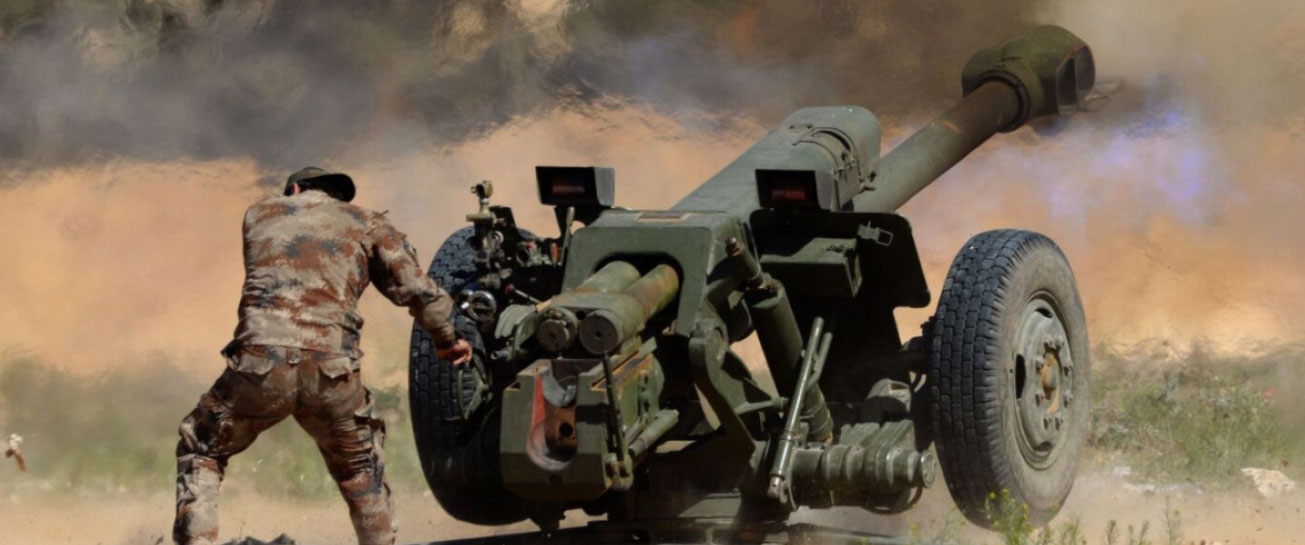Recent field data indicate that the terrorist organization Jabhat al-Nusra, now operating under the banner of Hayat Tahrir al-Sham (HTS), has moved out from under Turkey’s influence, signalling its intent to launch a military offensive in the “de-escalation zone” against the Syrian Arab Army (SAA)—an action Ankara has explicitly opposed. This move threatens to upend the fragile equilibrium established in the region over the past several years.
Despite Turkey’s objections, HTS has continued to mobilize its forces, positioning the region on the edge of a major conflict that could unravel the Russian-Turkish agreements and the Astana process, both of which have been critical in shaping the region’s dynamics.
Field sources within the “de-escalation zone” have affirmed to Al-Watan that the initiative continues to rest firmly with the Syrian Arab Army, which remains the dominant force on the ground. They emphasized that Al-Nusra and its allies, operating from the so-called “Al-Fatah al-Mubin” operations room, are delusional in their belief that they can shift the frontlines stretching from the northern Latakia countryside through the western Aleppo countryside, and into the western Hama and southern/eastern Idlib countrysides.
The Dangerous Delusion of a Syrian “Al-Aqsa Flood” Operation
The Syrian Army has significantly reinforced its positions across these fronts, particularly around Aleppo and Idlib, over the past two weeks. This bolstering of forces has left the SAA well-prepared to repel any aggression from HTS or its allied terrorist groups.
Opposition sources with ties to Turkish-backed militias, such as the National Liberation Front, have indicated that these factions are distancing themselves from HTS and have been ordered by Ankara to refrain from any military involvement in the “de-escalation zone.”
These sources further explained to Al-Watan that any offensive by HTS against the Syrian Arab Army would trigger a swift and forceful response, not only from the SAA but also from the Russian Air Force. Russia has grown increasingly dissatisfied with reports that the Ukrainian regime has supplied HTS with advanced drones in exchange for recruiting terrorists to fight against Russian forces in Ukraine, further complicating Russia’s position in Syria and elsewhere.
HTS’s attempts to alter the lines of contact in the de-escalation zone would have far-reaching consequences. It risks destabilizing the hard-won Russian-Turkish agreements, such as the Moscow Agreement of March 2020, which has maintained the status quo along the frontlines since its signing, and the Sochi Agreement of mid-June 2017. Continued Turkish procrastination in fulfilling its obligations under these agreements, particularly the reopening of the M4 highway connecting Aleppo and Latakia, could provide the Kremlin with the justification to abandon these arrangements altogether.
The situation remains volatile, and all eyes are on the developments that could drastically alter the landscape of the Syrian conflict and regional dynamics.
This article was translated and edited by The Syrian Observer. The Syrian Observer has not verified the content of this story. Responsibility for the information and views set out in this article lies entirely with the author.


